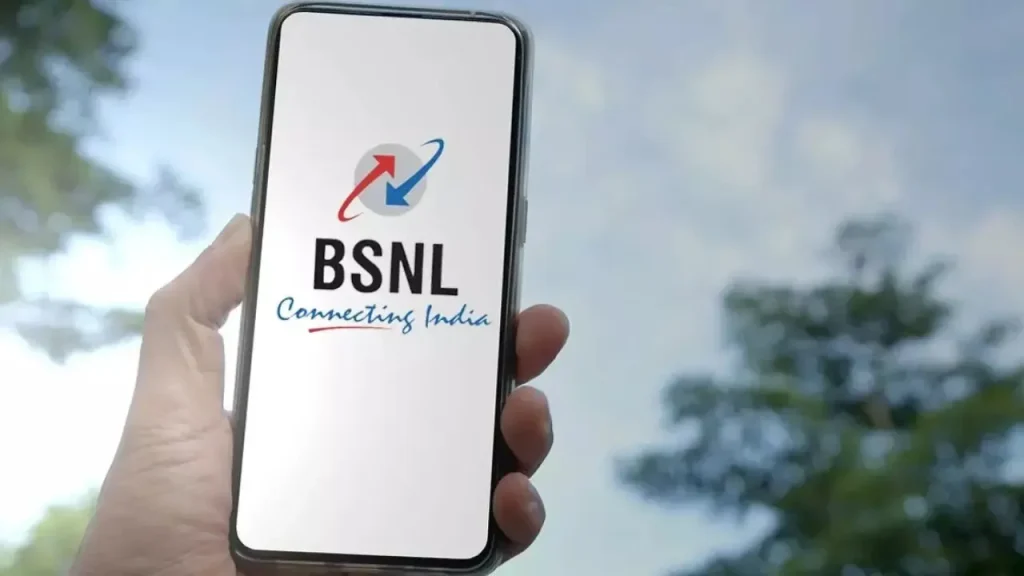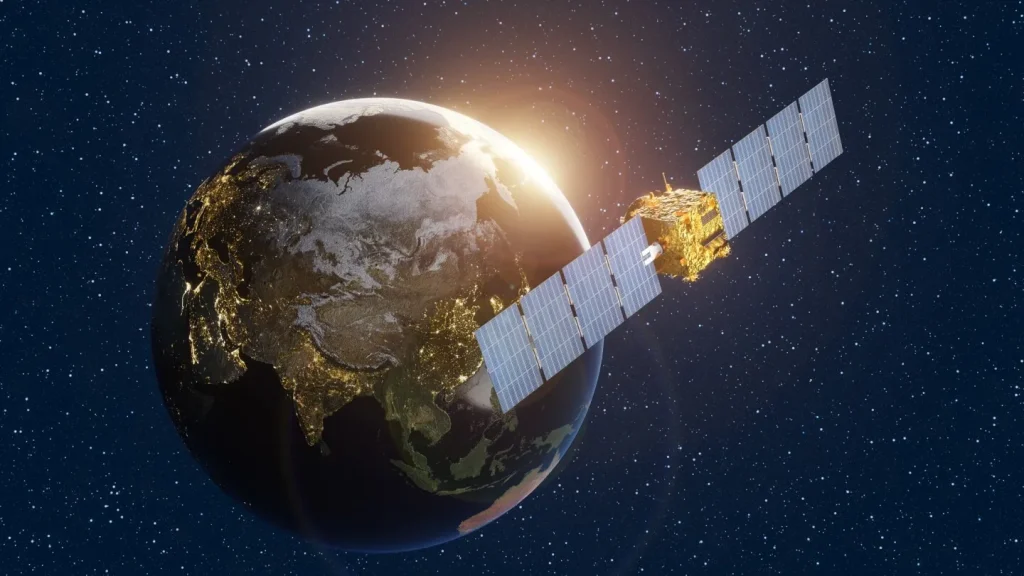BSNL, the government-owned telecom provider, is witnessing a surge in demand, particularly after private telecom operators raised their tariff plans. Its affordable recharge plans have attracted a significant number of new users, who are now shifting to BSNL for better value. Along with its increasing popularity, BSNL has introduced seven new services, including a spam-free network, ATS Kiosk, and the innovative Direct-to-Device (D2D) service.

Understanding D2D Technology
The D2D service, launched by BSNL on a trial basis, allows users to make calls without needing a SIM card or traditional mobile network. This groundbreaking technology connects mobile devices through satellites, enabling audio and video calls via satellite communication. BSNL has partnered with Viasat to bring this service to life, with successful trials already conducted. This service offers a future possibility where mobile communication remains functional even in areas with no mobile network coverage.
Breakthrough in Satellite Connectivity
BSNL showcased the potential of this new technology during the India Mobile Congress, successfully making calls using an ordinary Android phone through a satellite located 36,000 kilometres above the Earth. This technology offers a significant advantage in emergencies, natural disasters, or other critical situations where traditional mobile networks are down. The satellite-based service provides a reliable communication channel in such dire circumstances, helping improve emergency response and rescue efforts.

Growing Competition in Satellite Services
BSNL is now among the telecom giants, including Jio, Airtel, and Vodafone-Idea, working towards the development of satellite connectivity services in India. Alongside them, global players like Elon Musk’s Starlink and Amazon have applied for licences to provide satellite services, although they are still awaiting approval from the Department of Telecommunications. The government is currently processing spectrum allocation and gathering feedback on pricing and distribution before granting final approvals. Once the spectrum is allocated, BSNL and its competitors will be able to roll out satellite services, offering users new ways to stay connected.
